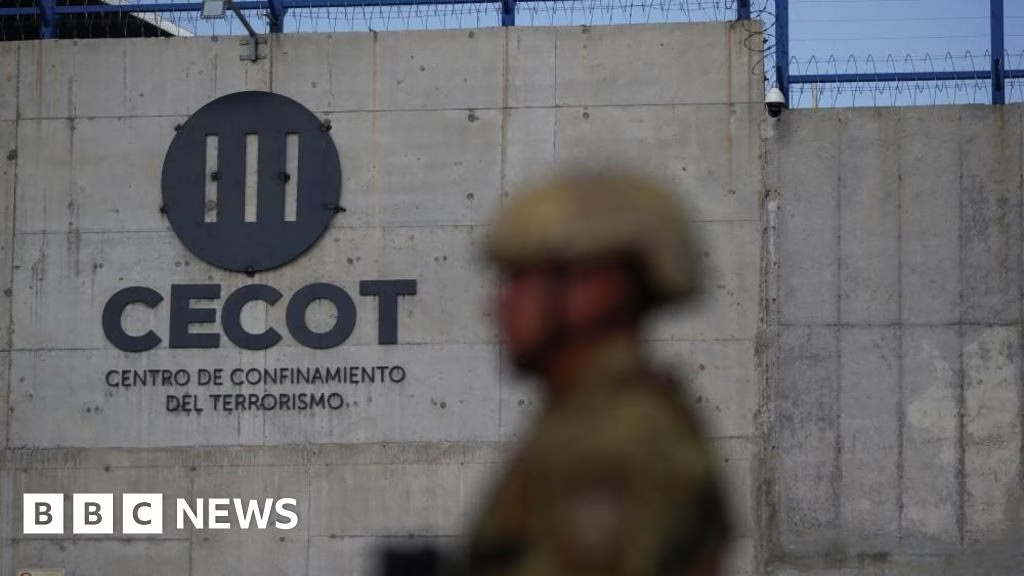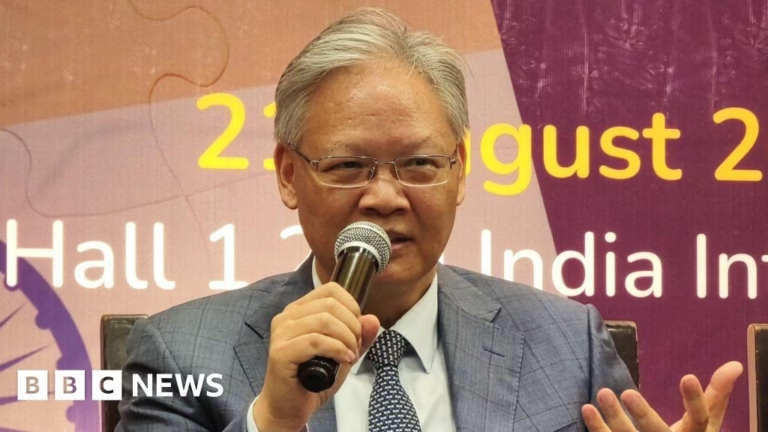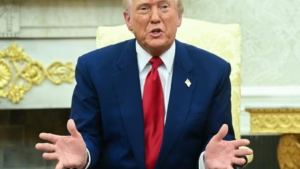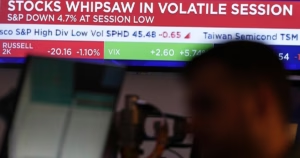The US Supreme Court has decided to allow President Donald Trump to continue using a rarely invoked wartime powers law to carry out mass deportations of alleged gang members. However, the justices mandated that individuals subject to deportation must be given the opportunity to challenge their removal.
In March, a lower court temporarily blocked the deportation of alleged Venezuelan gang members to El Salvador, ruling that actions under the 1798 Alien Enemies Act needed further scrutiny. Trump claimed that the migrants were members of the Tren de Aragua gang, which he declared a foreign terrorist organization, and argued that they could be removed under the Act.
Conservative Justice Amy Coney Barrett and the court’s liberal justices dissented from the majority ruling, arguing that the administration’s conduct in this litigation poses an extraordinary threat to the rule of law. The justices also stated that the challenge brought by the American Civil Liberties Union (ACLU) on behalf of five migrants was raised improperly in a Washington DC court, and should have been brought in Texas, where the migrants are confined.
The ACLU hailed the ruling as a “huge victory” and stated that individuals must be given due process to challenge their removal under the Alien Enemies Act. At least 137 people have been deported by the Trump administration under this Act, which grants the US president broad powers to detain and deport individuals without following regular procedures.
The move has been widely criticized by rights groups, and several deportees have claimed they were wrongly identified as gang members, with some citing their tattoos as the reason for their mistaken identification.
Source: https://www.bbc.com/news/articles/cp34ylep987o








